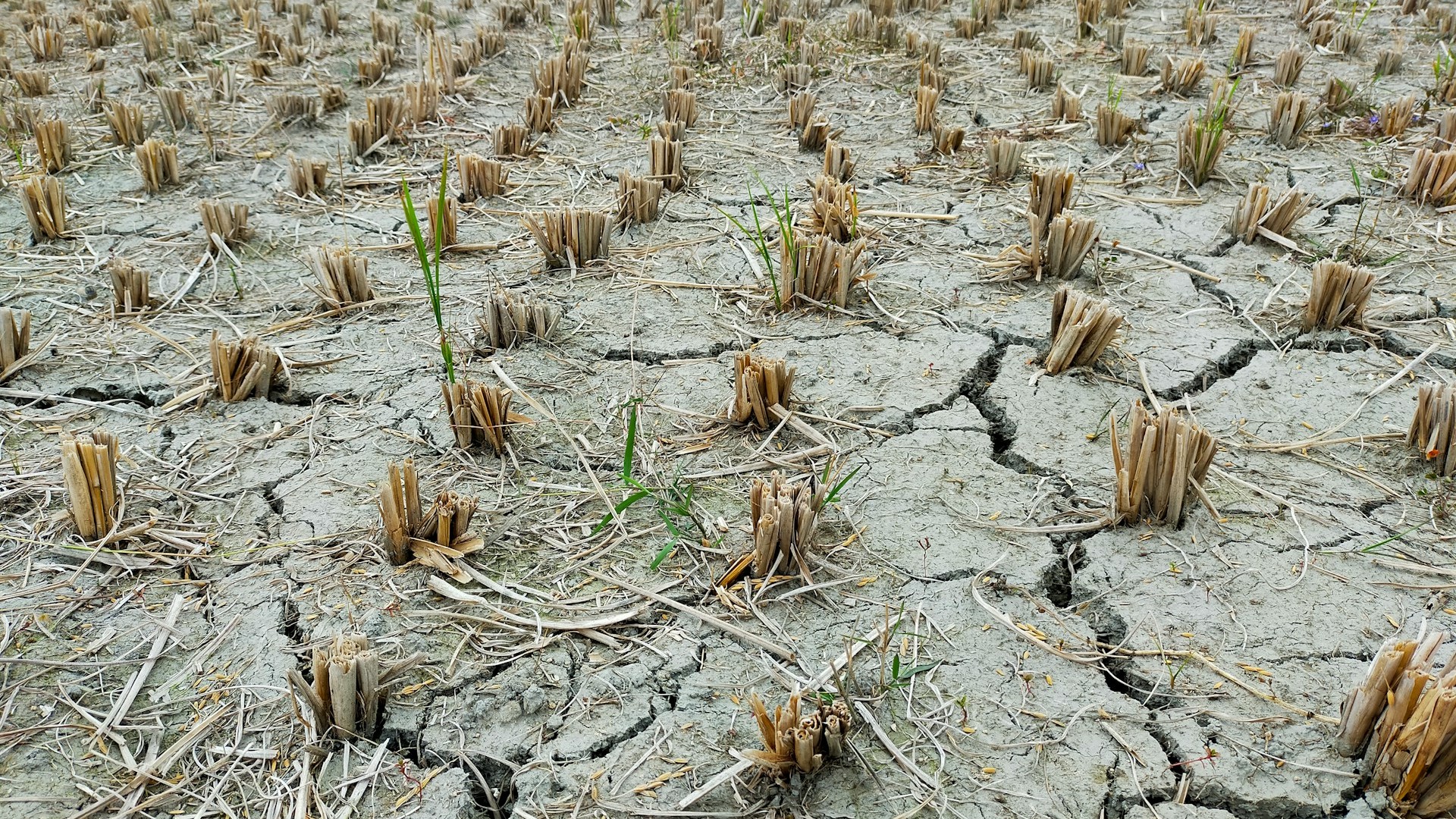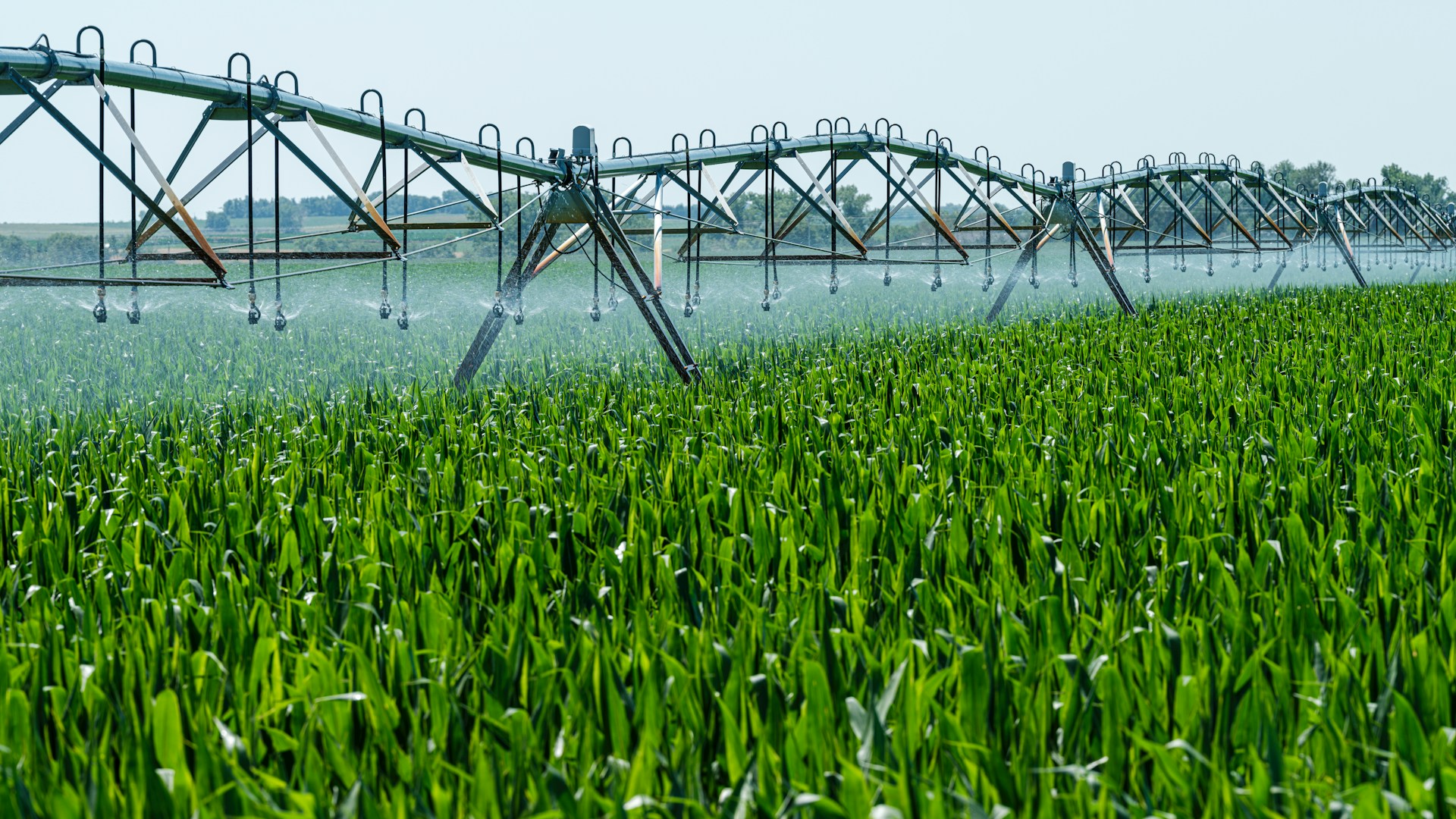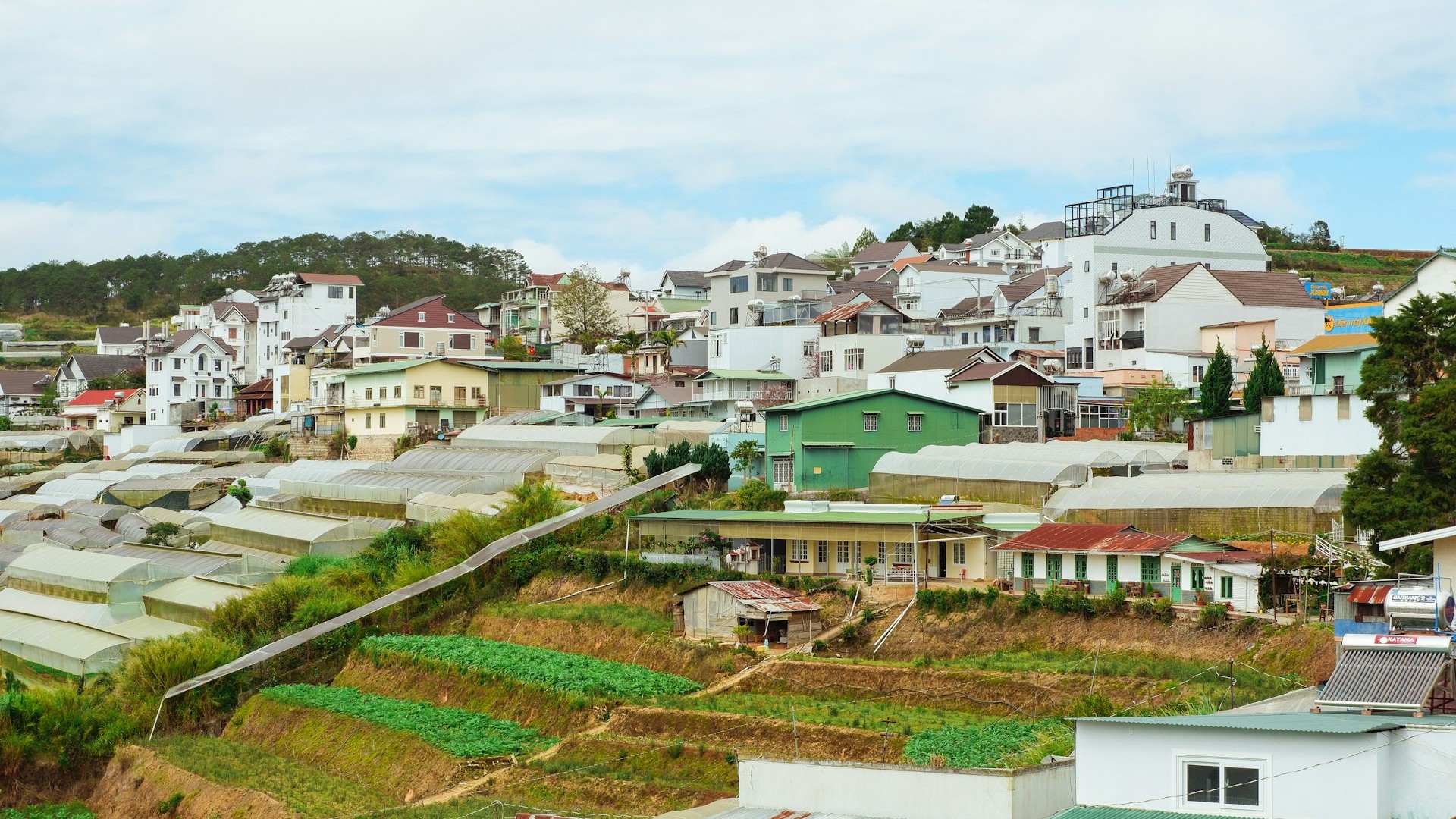
Project Overview
The Water Conservation Initiative addresses the critical need to protect and preserve the diminishing water resources in the Lake Chad area. Through a combination of technical solutions and community engagement, this project aims to significantly reduce water wastage and improve long-term sustainability.
Key Components
- Installation of water monitoring systems at key locations
- Construction of rainwater harvesting structures
- Implementation of groundwater recharge techniques
- Development of community water management plans
Technical Solutions
Our team installed advanced water monitoring systems that provide real-time data on water levels, quality, and usage patterns. This information enables communities to make informed decisions about water allocation and conservation efforts.
Additionally, we constructed over 30 rainwater harvesting structures, which capture and store rainwater for use during dry periods. These structures have already helped communities maintain water supplies during seasonal shortages.
Community Engagement
A crucial aspect of the project was working directly with local communities to develop and implement water management plans. Through workshops and training sessions, community members learned about water conservation techniques and became active participants in protecting their water resources.
Results and Achievements
The project has successfully reduced water wastage by 40% in participating communities, improved water quality, and enhanced ecological balance in the targeted areas. Local ecosystems have shown signs of recovery, and communities now have more reliable access to water throughout the year.
Project Impact
Project Impact
The Water Conservation Initiative has delivered significant and measurable benefits:
- Water wastage reduced by up to 45% across all participating communities
- 30 rainwater harvesting structures now provide water to over 14,000 people during dry periods
- Groundwater depletion rates have decreased by 30% in monitored areas
- Water-related conflicts between communities have decreased by 65%
- 7,500 households have implemented at least one water conservation technique
Long-term monitoring shows that these improvements have substantial staying power, with 92% of implemented measures still in active use two years after installation.
Project Team
Grace Ahmed
Environmental Specialist
Environmental scientist with expertise in ecological impacts of water management systems. Ensures project activities adhere to environmental best practices and minimize negative impacts on local ecosystems.
Aisha Okonkwo
Technical Lead
Technical expert with extensive knowledge of water systems engineering and sustainable technologies. Leads the technical design and implementation of project components with a focus on efficiency and sustainability.
John Okonkwo
Project Manager
Experienced project manager with over 15 years in water resource management and rural development projects. Specializes in coordinating multi-stakeholder initiatives and ensuring successful project delivery.
John Okonkwo
Community Liaison
Works directly with local communities to ensure project activities are aligned with community needs and priorities. Facilitates community participation and communication throughout the project cycle.
Project Gallery

Project photo 1 for Water Conservation Initiative

Project photo 2 for Water Conservation Initiative

Project photo 3 for Water Conservation Initiative
Project Timeline
Project Initiation (May 2023)
Official start of the project with initial planning and team formation.
Stakeholder Engagement Workshop (May 2023)
Workshop held with all stakeholders to gather input, align expectations, and build project support.
Needs Assessment Completion (June 2023)
Comprehensive analysis of community needs and requirements completed to inform project design.
Project Design Finalization (July 2023)
Technical designs and implementation approach finalized based on stakeholder input and technical assessments.
Infrastructure Construction (October 2023)
Physical construction of core infrastructure components according to technical specifications.
Staff Training Program (November 2023)
Training program conducted for staff and community members on system operation and maintenance.
Staff Training Program (November 2023)
Training program conducted for staff and community members on system operation and maintenance.
Project Documentation (December 2023)
Additional project activity to engage stakeholders and maintain momentum.
Technology Installation (April 2024)
Installation and testing of technical systems and equipment required for project functionality.
Technical Inspection (September 2024)
Formal inspection of technical systems and infrastructure by qualified experts.
Community Feedback Session (November 2024)
Session with community members to gather feedback on project implementation and initial outcomes.
Project Impact Assessment (December 2024)
Analysis of the project's impact on community welfare and environmental conditions.
March 2025
Project successfully completed with all deliverables achieved.
Stakeholder Testimonials
Our community now has both the knowledge and the tools to manage our water resources effectively, even as climate conditions change. The training was comprehensive and the follow-up support has been consistent.
Sarah Adamu
Community Representative
February 2025
I've been farming for over 30 years, and this is the first time I've seen yields this high with so little water. The new irrigation techniques have allowed me to grow crops year-round and significantly increase my income.
James Bwala
Farmer
February 2025
Explore More Projects

Operational Efficiency Enhancement
Improving organizational processes and systems to enhance the operational efficiency of the Authority.

Sustainable Farming Technologies
Introducing modern, sustainable farming technologies to local farmers to improve crop yields while conserving water.


